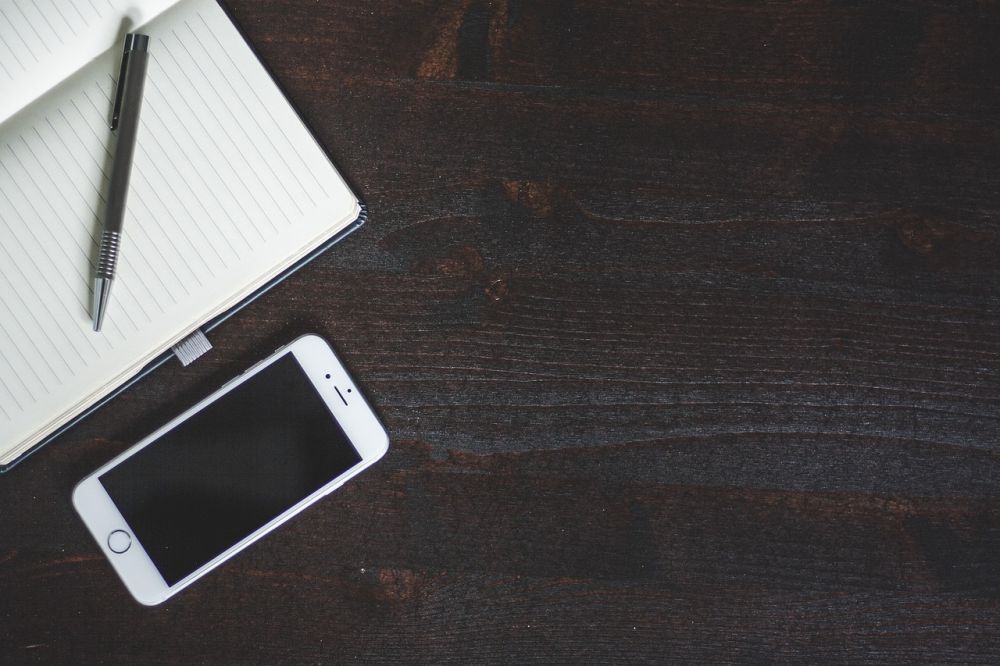VPN for iPhone: A Comprehensive Guide for Tech Enthusiasts

Introduction
In today’s digital age, ensuring the security and privacy of our online activities has become a paramount concern. With the increasing number of cyber threats and data breaches, using a VPN (Virtual Private Network) has become a common practice for many individuals. This article will provide a detailed overview of VPN for iPhone, including its definition, types, popularity, quantitative measurements, differences between VPNs, and a historical review of their pros and cons.
I. An in-depth overview of VPN for iPhone

VPN, short for Virtual Private Network, is a technology that creates a secure connection over a public network. For iPhone users, VPN allows them to encrypt their internet traffic and browse the web anonymously by routing their connection through a remote server, masking their IP address, and protecting their personal information from prying eyes.
II. Types of VPN for iPhone
1. VPN Protocols
– OpenVPN: This open-source protocol is known for its robust security features and flexibility. It is widely regarded as the most secure VPN protocol available for iPhone users.
– IPSec: Integrated with iOS, IPSec is a suite of protocols that provides a high level of security and supports encryption, authentication, and data integrity.
– IKEv2: Developed by Cisco and Microsoft, IKEv2 is known for its strong security features, stability, and ability to quickly reconnect to a VPN server after a network interruption.
2. VPN Apps
– ExpressVPN: A popular VPN service provider known for its fast connections, strong security, and easy-to-use iPhone app.
– NordVPN: Offering a vast network of servers across the globe, NordVPN is favored for its excellent security features, user-friendly interface, and ability to bypass geo-restrictions.
– CyberGhost: This user-friendly VPN app provides an extensive server network, robust security, and excellent privacy features for iPhone users.
III. Quantitative measurements of VPN for iPhone
1. Connection Speed: Conducting speed tests across different VPN providers to determine their impact on browsing and download speeds.
2. Server Network: Examining the number of servers available in various locations to assess the VPN’s ability to provide users with multiple options and bypass geo-restricted content.
3. Encryption Strengt Analyzing the encryption protocols used by different VPN providers to ensure data security and privacy.
4. User Reviews: Evaluating user feedback and ratings on app stores and review websites to gauge user satisfaction and reliability.
IV. Discussion on the differences between VPN for iPhone
– Security Features: While all VPNs offer some level of security, the strength and type of encryption protocols used can vary, affecting the overall security of the connection.
– Speed and Performance: Different VPNs may have varying levels of impact on connection speed, with some providers offering faster and more stable connections than others.
– Compatibility: Some VPNs may have better compatibility with specific iOS versions or iPhone models, ensuring a smoother user experience.
– Server Network: The size and distribution of server networks can affect a VPN’s ability to bypass geo-restrictions and provide access to content from different countries.
V. Historical review of the pros and cons of VPN for iPhone
1. Benefits of VPN:
– Enhanced Security: VPNs encrypt internet traffic, providing users with a secure connection and protecting personal information from hackers and surveillance.
– Anonymity: By masking IP addresses, VPNs enable users to browse the web anonymously, preserving their privacy and preventing tracking.
– Access to Geo-restricted Content: VPNs allow users to bypass geo-blocking and access content from different countries, such as streaming services and websites.
2. Drawbacks of VPN:
– Slower Connection Speed: Encrypting and routing internet traffic through VPN servers can cause a slight reduction in connection speed.
– Paid Services: While some VPNs offer free plans, premium features and better performance often require a paid subscription.
– Reliance on VPN Provider: Users place their trust in VPN providers to safeguard their data, which may pose privacy concerns if the provider has questionable practices.
Conclusion
VPN for iPhone has become an essential tool for maintaining online security and privacy. With a variety of VPN protocols and apps available, iPhone users have multiple options to choose from. By understanding the differences between VPNs and considering their pros and cons, users can make informed decisions regarding their online privacy. Stay connected and protected with VPN for iPhone.
References:
– [Insert reference sources]





